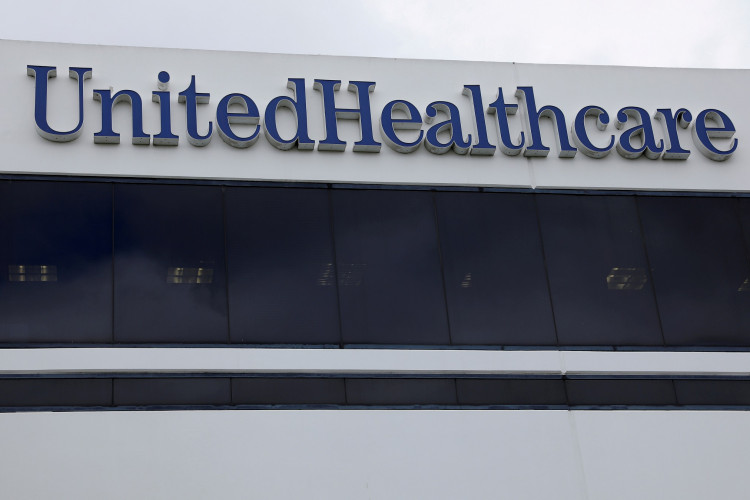UnitedHealth Group is facing mounting legal and financial challenges as the U.S. Department of Justice (DOJ) investigates its Medicare billing practices, while the company implements employee buyouts and potential layoffs to cut costs. The developments come amid a tumultuous period for the health insurance giant, which has also been hit by a high-profile cyberattack and criticism from prominent investors.
The DOJ probe, first reported by The Wall Street Journal, centers on allegations that UnitedHealth improperly recorded diagnoses to secure higher government payments for its Medicare Advantage plans. Medicare Advantage allows private insurers to manage healthcare for seniors, with government payments increasing for patients with certain diagnoses. The investigation is examining whether UnitedHealth physicians routinely made diagnoses that triggered extra payments, including within physician groups owned by the company.
UnitedHealth, the largest private health insurer in the U.S., has denied any wrongdoing. "Any suggestion that our practices are fraudulent is outrageous and false," the company said in a statement, adding that it has consistently met the "highest levels" of compliance in government audits of its Medicare Advantage plans.
The investigation follows a series of reports last year from The Wall Street Journal that raised questions about UnitedHealth's billing practices. In December, the publication analyzed Medicare data and found that patients under UnitedHealth's Medicare Advantage plans showed a significant increase in revenue-generating diagnoses after switching to the company's physicians. The reports cited multiple doctors who claimed they were trained to document conditions that would generate higher government reimbursements and that software tools encouraged them to add certain diagnoses.
Justice Department attorneys have been following up on those findings, interviewing medical providers mentioned in the reports as recently as Jan. 31. The probe is separate from the DOJ's ongoing antitrust investigation into UnitedHealth and its subsidiaries.
The company's stock dropped nearly 9% on Friday following the news of the investigation, contributing to a broader decline of approximately 23% over the past three months. Analysts have warned that while the investigation may take time to unfold, it poses a significant risk to UnitedHealth's financial outlook. RBC Capital Markets analyst Ben Hendrix called the probe an "incremental overhang" but noted that the lengthy process is unlikely to result in immediate financial penalties.
The legal scrutiny comes as UnitedHealth is also grappling with a cost-cutting initiative that includes employee buyouts and the possibility of layoffs if voluntary resignation quotas are not met. CNBC first reported that the company is pursuing these measures in an effort to manage expenses and streamline operations.
Adding to the company's public relations challenges, billionaire investor Bill Ackman has publicly criticized UnitedHealth's business practices. Earlier this month, he pledged to cover the legal fees of a Texas doctor who alleged that UnitedHealth interfered with her ability to justify a patient's medical procedure. Ackman also suggested that the company's profitability is "massively overstated due to its denial of medically necessary procedures." After UnitedHealth's legal team pushed back on the doctor's claims, Ackman deleted one of his critical social media posts, but he continues to call for regulatory scrutiny of the insurer.
UnitedHealth has also been dealing with the aftermath of a cyberattack on its subsidiary, Change Healthcare, which processes medical claims. The breach, which compromised sensitive information of approximately 190 million individuals, has cost the company over $3 billion in payouts to affected healthcare providers.




